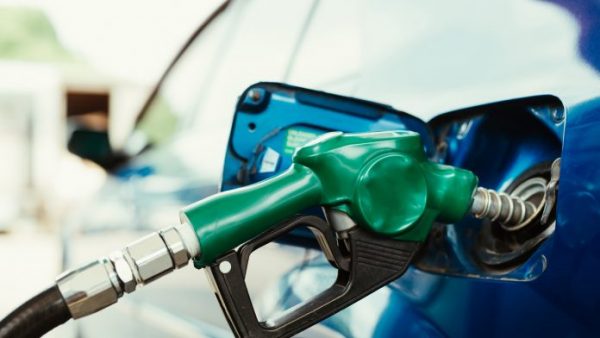IMPORT licences for most indigenous oil companies are lapsing at the end of this month, fuelling panic in the critical industry, it has emerged. Zimbabwe is facing erratic fuel supplies against the backdrop of low exports, a weakening domestic currency and rolling power outages.
The situation worsened over the past few weeks as most fuel stations ran out of stocks, immediately evoking yesteryear memories. It also emerged the energy sector regulator, the Zimbabwe Energy Regulatory Authority (ZERA) is dragging its feet, reluctant to renew the licences.
Zimbabwe has six major oil-importing entities. Apart from the Indigenous Petroleum Association of Zimbabwe (IPAZ), five others are international oil companies and some indigenous players who are not members of IPAZ.
IPAZ, which was formed in 2004 after a nasty fallout between local and international oil companies, is the biggest importer of fuel into the country providing 11 700 000 litres of diesel a year and 8 000 000 litres of petrol. Sakunda and Redan, are no longer IPAZ members, after their take over by Singaporean headquarted Trafigura group and Puma.
Sakunda has been accused of monopolising fuel foreign currency allocation, a claim the central bank denies. There is now panic in the critical industry ahead of the festive season. The crisis explains, in part, the current fuel supply deterioration in the country. Zimbabwe’s fuel supply situation has deteriorated sharply in the past fortnight. It is expected to worsen further as the country heads towards the festive period.
The industry has also not been spared as most companies have been running on diesel generators due to crippling power cuts, which is ravaging the already frail economy.
Business Times can report that indigenous fuel players have since approached ZERA with the view to renew their licences. But, players in the industry told this publication this week that there is now “hide and seek between indigenous players and ZERA” with regards to the renewal of their licences. There is suspicion that there may be certain big players in the fuel industry frustrating the licensing system, according to players in the industry.
IPAZ chairman, Aaron Chinhara confirmed the latest development to Business Times this week. “The issue that has caused panic in the fuel industry has been the fact that most import licences for indigenous players are lapsing on December 31, 2019,” Chinhasa revealed. “So we have managed to engage ZERA and were issued with invoices to pay but the invoices have since been regarded as not genuine.
Chinhara added: “I have since paid for the renewal of the import licence but to date we have not received anything. This has massive ramifications on our part in terms of trading because our trading will be made difficult when operating with expired import licences.”
All efforts to get a comment from ZERA were futile. Eddington Mazambani, ZERA acting chief executive officer and spokesperson Gladman Njanji, had not responded to inquiries from this publication by the time of going to print. Zimbabwe’s fuel situation has continued to deteriorate despite weekly price increases. Currently, petrol is trading at ZWL17.44 while diesel is trading at ZWL17.90.
On the black market petrol and other designated fuel stations, the commodity is being sold in hard currency. Petrol is trading US$1.20, which is equivalent to ZWL$27,60, while diesel is trading at US$1.50, which translates to ZWL$34,50. Energy and Power Development Minister, Fortune Chasi, this week told Cabinet: “The fuel supply situation was constrained in the past week due to the depressed uplifts which were experienced early in the week and the previous week.”
However, Chasi said: “It was pleasing to note that the situation improved as the week progressed after the interventions which were done by the National Oil Infrastructure Company (NOIC).”
He indicated that NOIC implemented 24 loadings at its depots, resulting in the daily uplifts surpassing the daily consumption rates of five million litres of both petrol and diesel. The fuel crisis has resulted in most retail outlets closing doors even during the day due to rising costs of running generators.
“The industry has been badly affected by electricity shortages which has seen most industry players resorting to diesel powered power sources,” the Confederation of Zimbabwe Industries president Henry Ruzvidzo told Business Times this week. He added: “But availability of diesel has been a challenge and it is safe to say industry is in deep problems right now.We are always told various stories on power but no solution has come on sight at the moment. It is a sad chapter for the industry.”_Business Times
.png)




